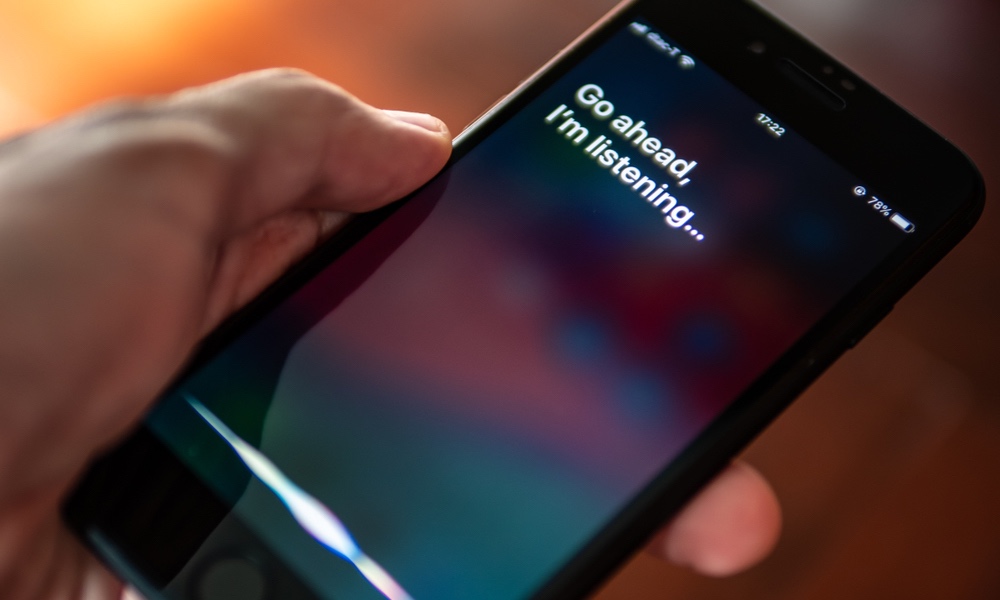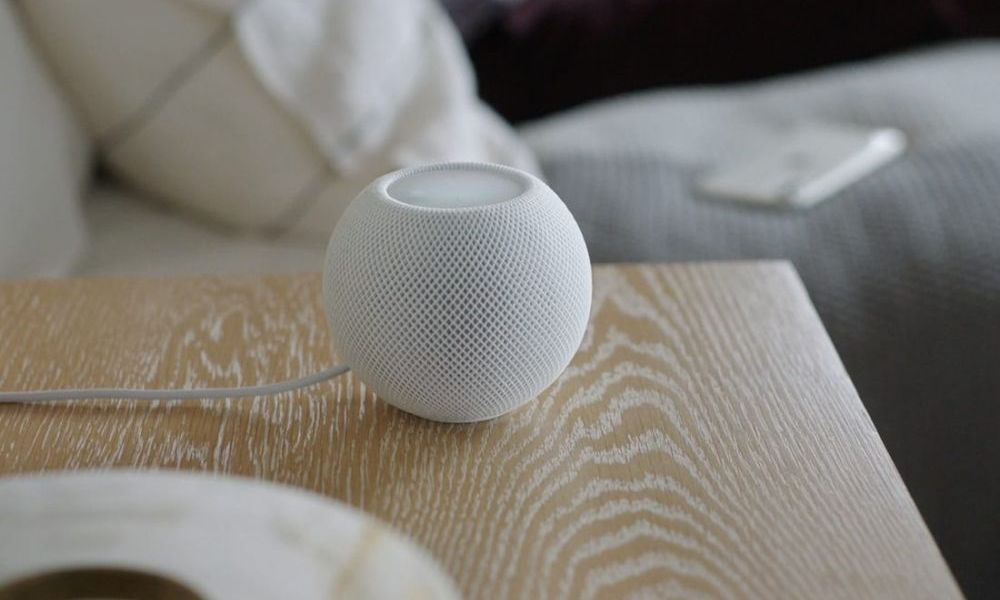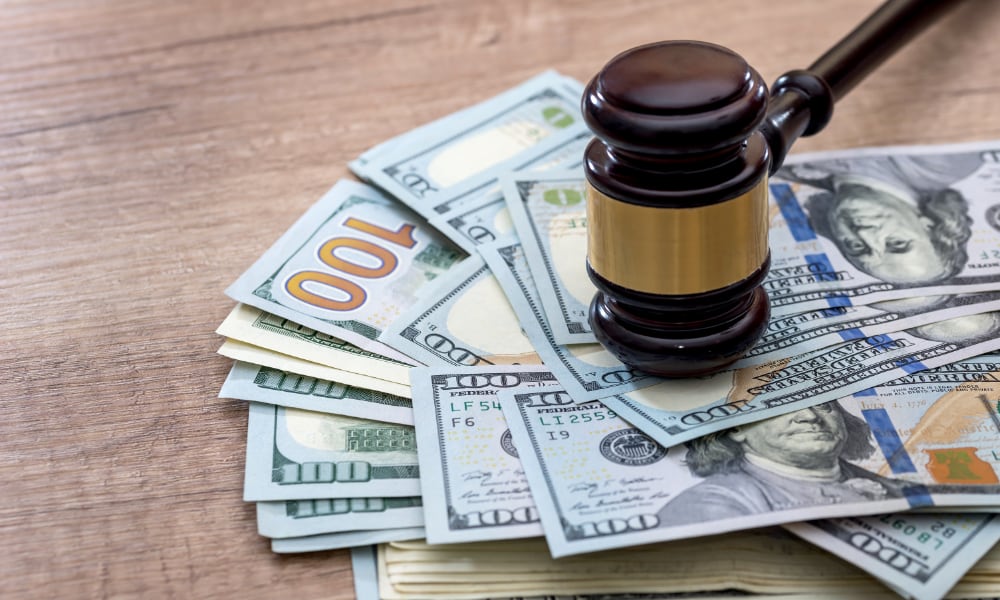Siri Eavesdropping? You Can Now Claim Your Piece of Apple’s $95M Privacy Settlement
 Wachiwit / Shutterstock
Wachiwit / Shutterstock
Toggle Dark Mode
Earlier this year, Apple agreed to pay $95 million to settle a class-action lawsuit accusing Siri of listening in on private conversations. Now, the administrators of the suit have begun contacting potentially affected members of the class to arrange for payments to be made.
The class-action lawsuit was initially filed in 2019, almost immediately after a whistleblower reported that Apple had been collecting recordings from Siri-enabled devices. The whistleblower was a third-party contractor hired to review these recordings, which were from “accidental activations” — when Siri thinks you’re calling for it with “Hey Siri” or “Siri” and starts listening for whatever you’re going to say next.
Anyone with a HomePod has likely encountered this, and it’s only gotten more frequent since Apple began allowing its devices to listen for “Siri” instead of the more complicated “Hey Siri.” Apple’s goal in storing these recordings and having them reviewed by humans was to analyze what people had actually said that made Siri wake up and listen in hopes of training it to ignore these false starts.
Per Apple’s privacy policies, these recordings were digitally anonymized. No personal information was stored with the recordings that could identify where any of them came from. However, Apple seemingly didn’t consider the possibility that the recordings themselves might contain sensitive information — and many of them did.
The whistleblower who kicked the whole thing off revealed that many of the recordings they’d listened to contained spoken personal information like names and addresses, while others recorded private and intimate situations like interactions between doctors and patients, business meetings, drug deals, and even couples having sex.
While Apple changed its policies to protect user privacy, that didn’t do anything for those whose privacy had already been invaded by Siri. This prompted the class-action lawsuit accusing Apple of “unlawful and intentional recording of individuals confidential communications without their consent,” under California’s Invasion of Privacy Act, Consumer Legal Remedies Act, and Unfair Competition Law.
The lawsuit was initially dismissed for lack of evidence but was done so without prejudice. That means the plaintiffs could refile if they could present a stronger case. They did that in 2021 and went a big step further, expanding their case to allege that Apple was selling Siri recordings to advertisers so Apple customers could be targeted with custom ads. In the suit, two plaintiffs claimed to have seen ads for Air Jordan sneakers and Olive Garden restaurants after discussing them in the vicinity of a Siri-enabled device, while another saw an ad for a “brand name surgical treatment” he had only discussed privately with his doctor.
As with most such cases, Apple decided settling the case was easier than fighting it. Still, it “has at all times denied and continues to deny any and all alleged wrongdoing and liability, specifically denies each of Plaintiffs’ contentions and claims, and continues to deny that Plaintiffs’ claims and allegations would be suitable for class action status.”
Who’s Eligible and How to Apply
Apple has agreed to pay out $95 million to settle the matter. However, when the dust settles, each class member is expected to receive up to $20 per Siri-enabled device, up to a maximum of five devices.
In other words, the most you’ll get if you submit a claim is $100, even if you have HomePods scattered throughout your home. Any other device capable of responding to a “Hey Siri” or Siri” request is also included, so iPhones, iPads, Macs, and even the Apple Watch and iPod touch are on the list (oddly, so is the Apple TV, even though it doesn’t respond to voice activations).
To be eligible, you must have owned a Siri Device and have resided in the United States between September 17, 2014 and December 31, 2024. You also have to be a person “whose confidential communications were obtained by Apple and/or were shared with third parties as a result of an unintended Siri activation.” It’s unclear how that will be validated. We have to assume Apple and the settlement administrators will take people’s word for it, as Apple’s privacy policies prevent any way of verifying this.
As with most class action lawsuits, it’s the lawyers who ultimately win. The $20 per device isn’t because Apple expects to make payments for 4.75 million Siri-enabled devices belonging to 950,000 users. Instead, the total payout to class members is likely to be about two-thirds of the $95 million, after $5,975,000 for the Settlement Administrator and $28.5 million in attorney’s fees and “reasonable litigation expenses” of around $1.1 million. Those proposed numbers still have to be approved at a court hearing on August 1, a month after the claim deadline of July 2, 2025.
Those who want to make a claim should visit the settlement website and follow the instructions there. Note that this is not an automatic settlement; only consumers who apply to be part of the class will receive anything. The number of applications will be used at the August hearing to determine the final payouts for each claimant and the attorneys and administrators.









